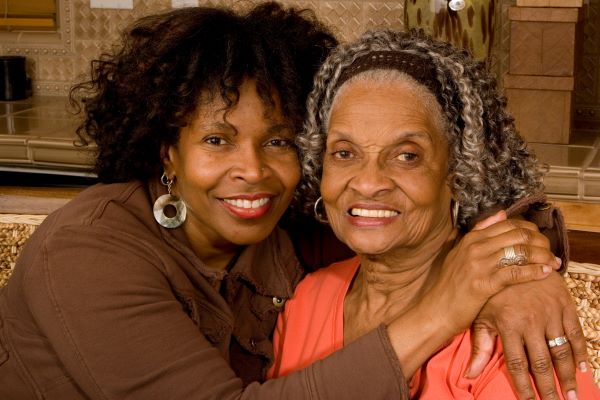The Social Security Administration (SSA) has officially released its annual cost-of-living adjustment (COLA) figures for 2025.

Do Children Have a Responsibility to Care for the Elderly?
Long-term nursing care has become notorious for its astronomical costs. There can be a monthly fee of up to $7,000.00 depending on location. Hundreds of thousands of people presently need that kind of care and the numbers are rising. Ten thousand “baby boomers” a day turn 65, and it’s projected that seven of ten of those people will need long-term care.
By astute financial planning, our law firm reduces or eliminates the impact of such phenomenal costs on many families’ life savings. But many others who are not our clients pay and pay until they simply run out of money. The Medicaid program is available to step in and pay, but it is questionable how long that program can continue in its present state. For 2018, Medicaid spending was at $597.4 billion, according to the Centers for Medicare and Medicaid Services. Policy-makers are looking for other alternatives.
One option is to require adult children to pay for the cost of their parent’s care. This obligation can be imposed through “filial responsibility” laws. Around thirty states have enacted these laws, some of which even impose criminal fines and imprisonment if an adult child is able, but fails, to pay. For which states have such laws, see the table in this article.
In Pennsylvania in 2012, a son whose mother owed $93,000 to a nursing home was held liable for her bill under that state’s filial responsibility law. The case is Health Care & Retirement Corp. v. Pittas, available here.
The rationale for such laws is that parents supported children for many years and the children owe a debt of gratitude: they should return the favor when parents grow old and become unable to provide for themselves. Such laws are supposed to motivate children to exert pressure on parents, to ensure that long-term care planning is done before the children are called on to pay.
There are numerous objections to this kind of law. Children may resent being forced to pay and treatment of the elderly may suffer as a result. The laws differ widely across the states and produce inconsistent results. Courts may not have the power to enforce these laws against children who live in disparate states. Filial-responsibility laws provide no protection for seniors who have no children.
Further, federal law currently prohibits nursing homes from demanding payment from funds other than those belonging to the resident – like a child’s money.
Other alternatives are more wisely designed to care for elderly people at home, to delay the need for institutional care for as long as possible. In-home care is estimated to cost one-third the amount of institutional care. Further, personal care can be more suited to the individual if it is given by family and community caregivers. The emotional benefit to the elder can be incalculable.
The need for such programs has been recognized by the Affordable Care Act, which greatly expanded options for states to increase funding for home- and community-based services. Additionally, there are HUD funds available for projects like ECHOs (elder cottage housing opportunity units) – “granny cottages,” small houses for the elderly on a child’s property, to keep family help close by. A 2003 study on the results of that program is available here.
Additional tax deductions and exemptions, like those already allowed in the Medicaid rules, could provide more incentives for at-home improvements like wheelchair ramps and grab bars. Easing qualifications for long-term care insurance deductions could be encouraged. Family and medical leave from employment could become more available, to relieve the caregiving burden that currently rests disproportionately on women and low-income workers. Subsidies to community elder-care services could be beefed up.
The problem of paying for elder care is multi-faceted and should be tackled on numerous fronts. The options other than filial-responsibility laws seem better advised to relieve the Medicaid program from the stresses it faces now and into the future.
In the meantime, experienced elder-law attorneys are here to help you protect your finances from the burgeoning costs of aging. If you would like to discuss your particular situation, please contact our New York office or call us at 607-271-9270. We look forward to the opportunity to work with you.
